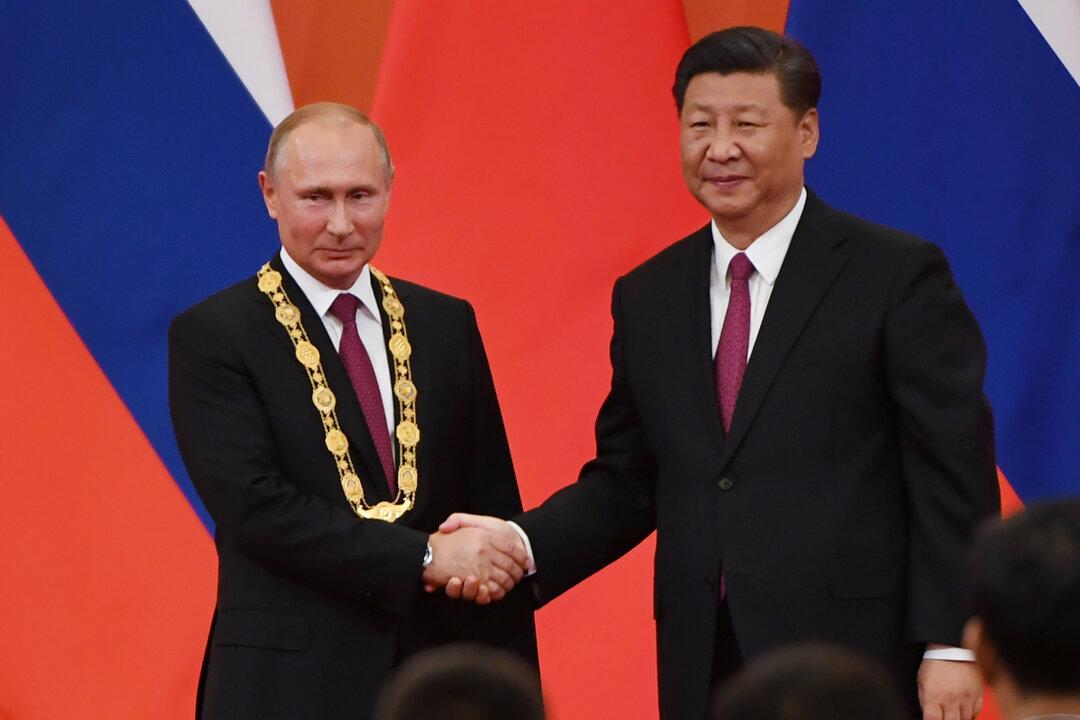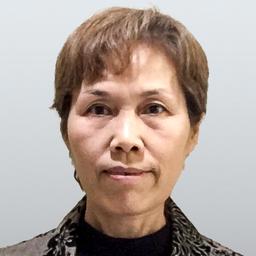News Analysis
President Joe Biden and Russian President Vladimir Putin met at the Geneva summit on June 16. In response, the Chinese Communist Party (CCP) has issued a series of articles, stressing that China and Russia have a strong and solid relationship. Russia’s narrative, however, seems to be different from that of the CCP. It only emphasizes economic ties with Beijing, while neglecting a China-Russia strategic partnership.





